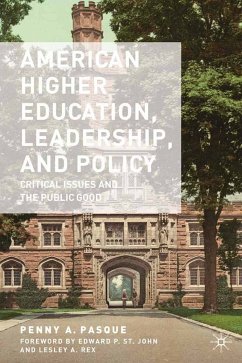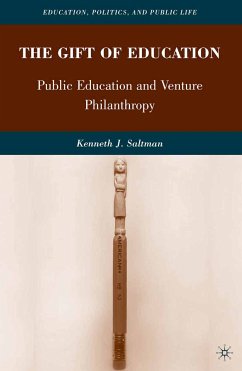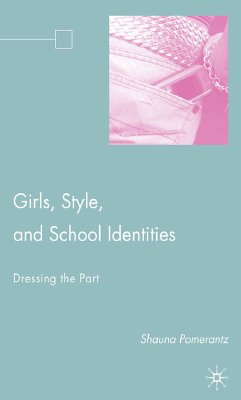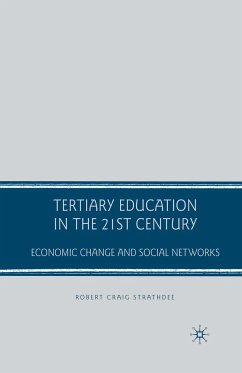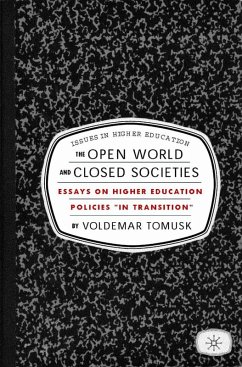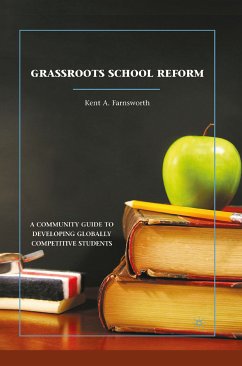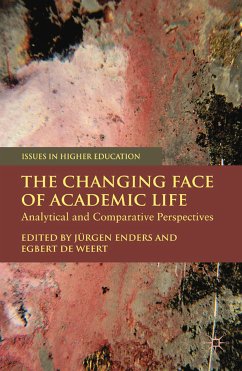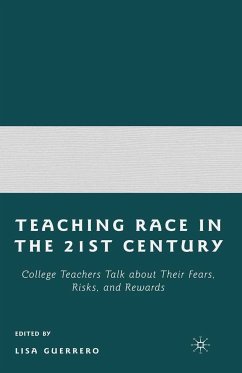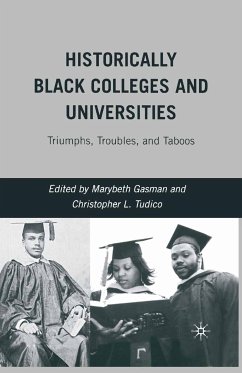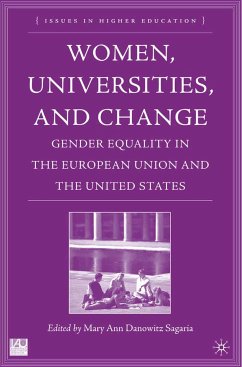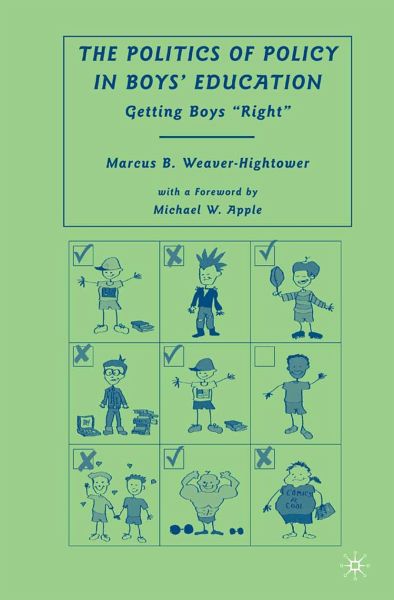
The Politics of Policy in Boys' Education (eBook, PDF)
Getting Boys "Right"
Versandkostenfrei!
Sofort per Download lieferbar
40,95 €
inkl. MwSt.
Weitere Ausgaben:

PAYBACK Punkte
20 °P sammeln!
An accessible and original look into the education policy of Australia that considers how it came about, how it was steered to the political right, how some educators struggled to implement or resist it in their schools and how it applies to other systems.
Dieser Download kann aus rechtlichen Gründen nur mit Rechnungsadresse in A, B, BG, CY, CZ, D, DK, EW, E, FIN, F, GR, HR, H, IRL, I, LT, L, LR, M, NL, PL, P, R, S, SLO, SK ausgeliefert werden.



